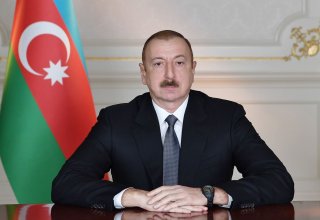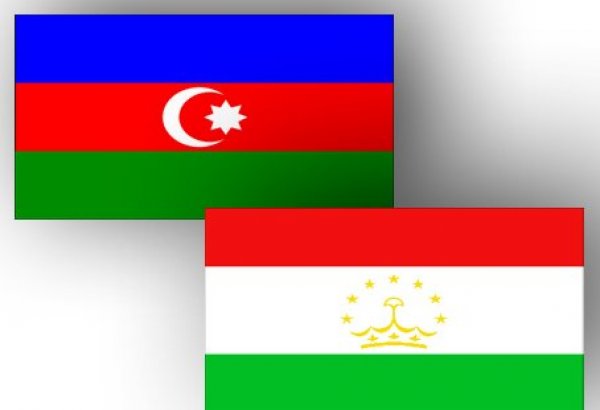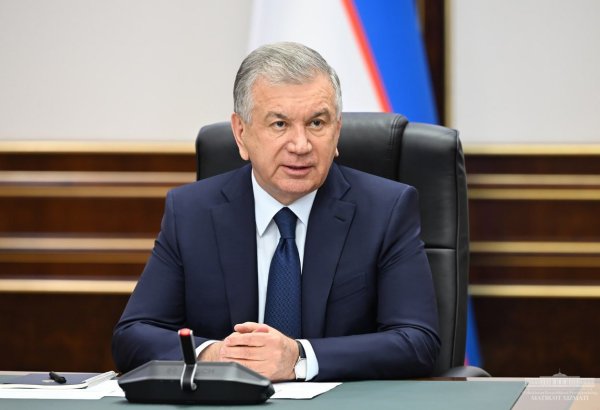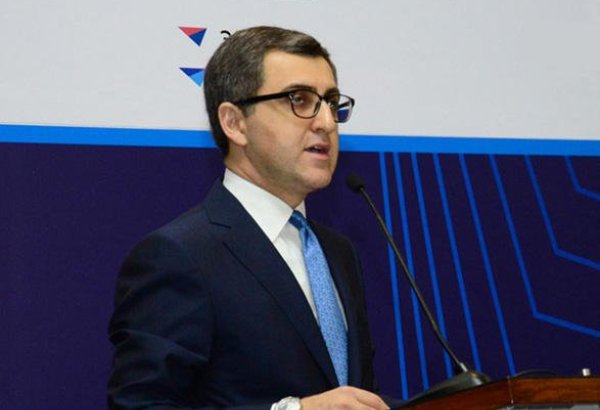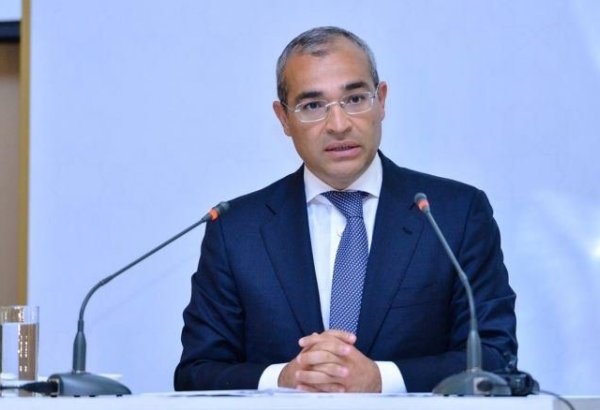Uza. The Fifth Anniversary Consultative Meeting of the Heads of State of Central Asia took place in the city of Dushanbe under the chairmanship of the President of the Republic of Tajikistan Emomali Rahmon.
The leaders once again expressed their determination to actively promote the solution of regional problems based on good neighborliness, mutual trust, equality, respect, and consideration of each other’s interests.
At the event, the President of Uzbekistan outlined his vision of solving the primary tasks of regional cooperation.
Thus, significant attention was paid to discussing issues of ensuring peace and stability and strengthening cooperation in regional security, especially in light of increasing geopolitical tensions.
In particular, addressing the meeting participants, Shavkat Mirziyoyev, among the essential initiatives, proposed developing an Interstate Program to protect and strengthen the borders of Central Asian countries.
Indeed, today, the close relationship between transnational organized crime and terrorism, including drug trafficking, is a matter of concern for our states, which poses a severe threat to the sustainable and stable development of the region.
Currently, due to the presence of several disputed and poorly controlled areas and the lack of close coordination between border services, the external and internal borders of the Central Asian countries continue to remain vulnerable to a certain extent.
Moreover, there is a possibility that cross-border criminal groups could use such border sections to create “corridors” to carry out their illegal activities, including smuggling of weapons, drugs, and illegal migration.
In addition, drug trafficking and its financial flows, directly related to Afghanistan, pose a severe challenge to the region. In 2020, Afghanistan accounted for 85% of the world’s opium production. It is supplied from Afghanistan to the markets of neighboring countries, Europe, the Near and Middle East, South Asia, and Africa.
On the other hand, no less of a challenge are new psychoactive substances appearing on the markets illicitly, potentially threatening the security and development of our fraternal countries.
In these conditions, to effectively combat cross-border crimes, the Central Asian states need to coordinate efforts at the national and regional levels, using a common integrated approach to counter the challenges associated with cross-border threats.
Namely, the development and adoption of such a document will contribute to the implementation of a unified and consolidated policy in protecting state borders from cross-border challenges, promote the development of regional cross-border cooperation through the creation of border outposts, border interaction offices, port control groups, and interdepartmental mobile groups.
Summing up, we can state that the holding of the subsequent consultative meeting of the Heads of State of Central Asia and the announced initiatives prove that the process of regional cooperation has acquired a sustainable, progressive, and irreversible character.












